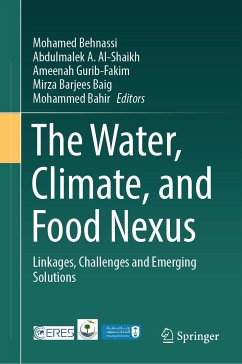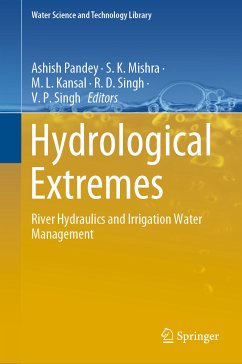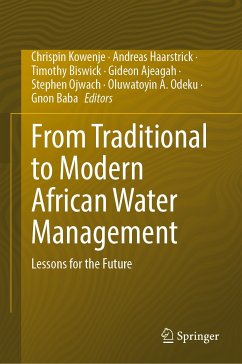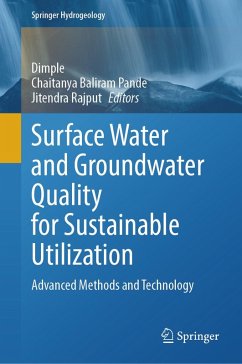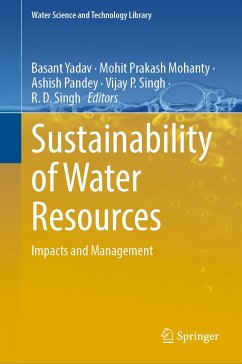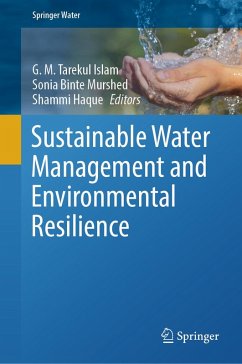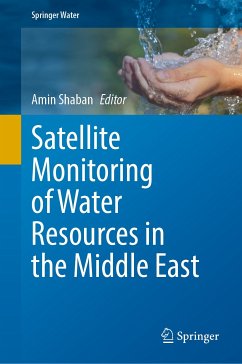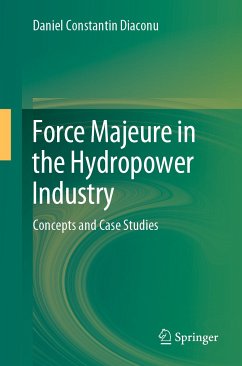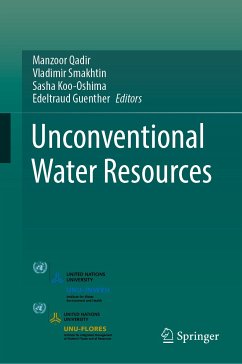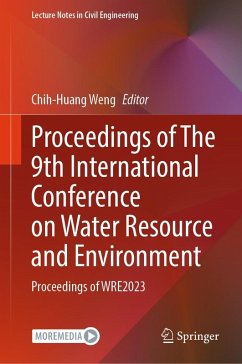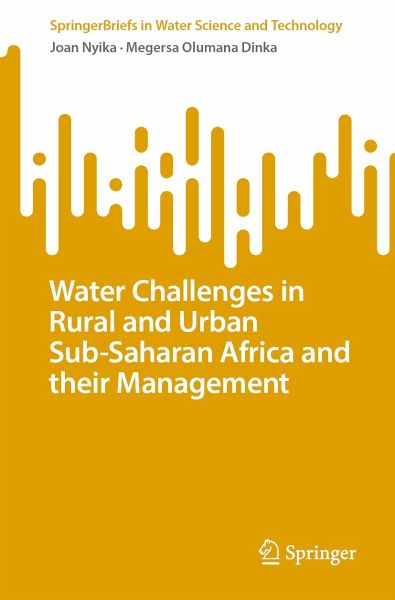
Water Challenges in Rural and Urban Sub-Saharan Africa and their Management (eBook, PDF)
Versandkostenfrei!
Sofort per Download lieferbar
36,95 €
inkl. MwSt.
Weitere Ausgaben:

PAYBACK Punkte
18 °P sammeln!
Sub-Saharan Africa grapples with many public health issues such as food insecurity, increased prevalence of infectious diseases, limited access to clean water supply, poor nutrition and lack of improved health services for its populace (IMF, 2021). Of all these challenges, the inaccessibility of clean water supply for both the rural and urban populace is the most pressing challenge, which has been exacerbated by extensive pollution and climate change crises. The issue of water access and supply affects both rural and urban populations. At rural areas water is accessed in yard taps and in arid ...
Sub-Saharan Africa grapples with many public health issues such as food insecurity, increased prevalence of infectious diseases, limited access to clean water supply, poor nutrition and lack of improved health services for its populace (IMF, 2021). Of all these challenges, the inaccessibility of clean water supply for both the rural and urban populace is the most pressing challenge, which has been exacerbated by extensive pollution and climate change crises. The issue of water access and supply affects both rural and urban populations. At rural areas water is accessed in yard taps and in arid regions through water kiosks managed by private owners. Among the urban poor, water access is compromised by poor supply infrastructure especially among informal settlers and risks such as contamination during the supply chain are imminent
This book therefore seeks to close this knowledge gap by 1) generating a water resources inventory for Sub-Saharan Africaregion, 2) exploring the water crises in both its urban and rural settings, 3) understanding the causatives of the crises and 4) suggesting viable solutions to manage the water challenges using named case studies. The aim is to improve understanding on the region's water problems and advise scholars and policymakers on priority research areas and action plans to better water management for sustainable development.
Dieser Download kann aus rechtlichen Gründen nur mit Rechnungsadresse in A, B, BG, CY, CZ, D, DK, EW, E, FIN, F, GR, HR, H, IRL, I, LT, L, LR, M, NL, PL, P, R, S, SLO, SK ausgeliefert werden.



